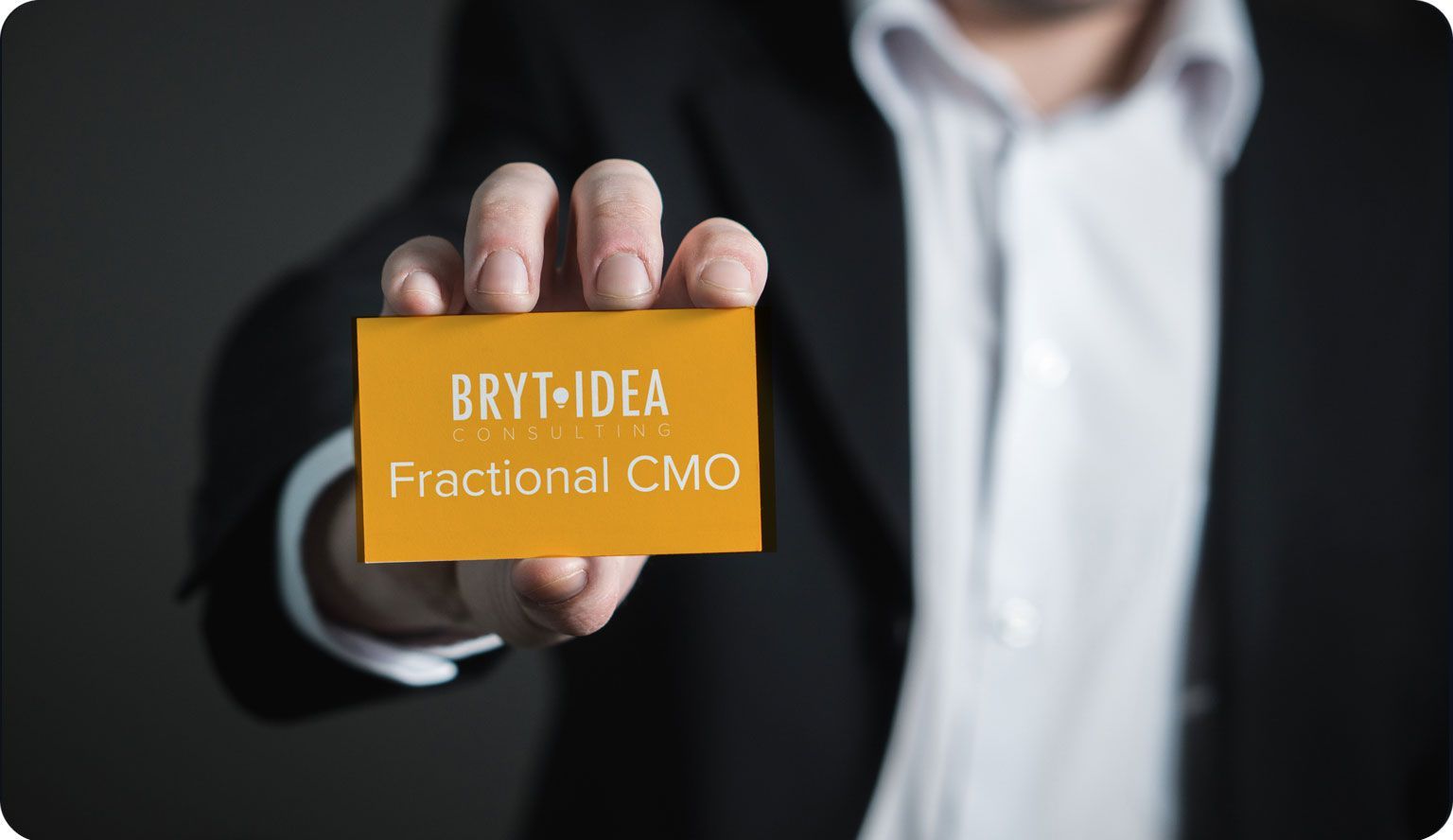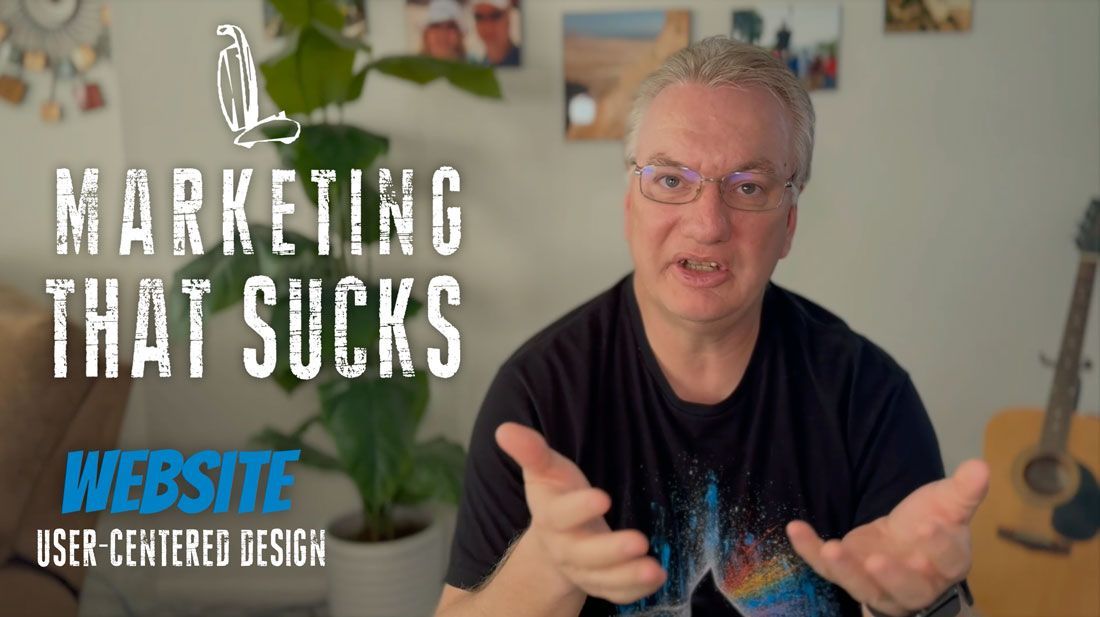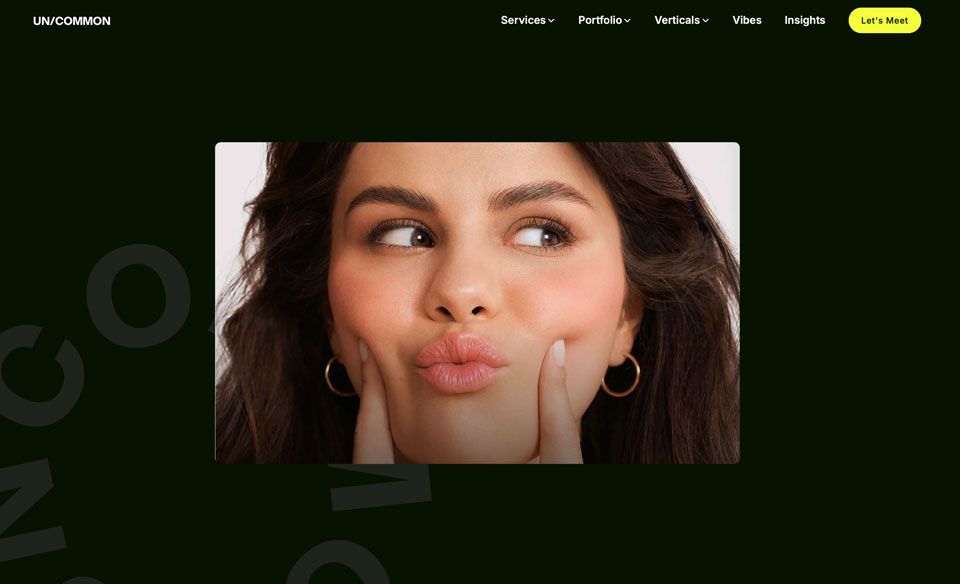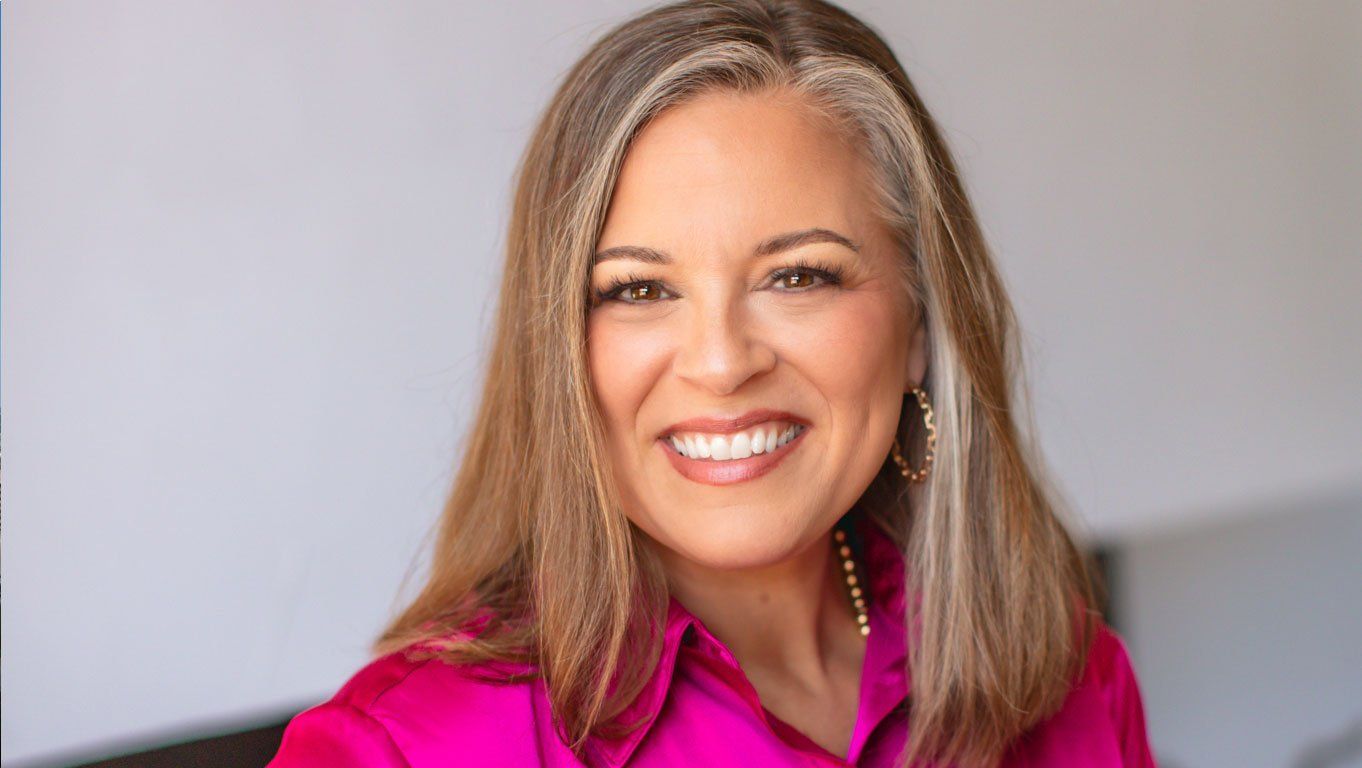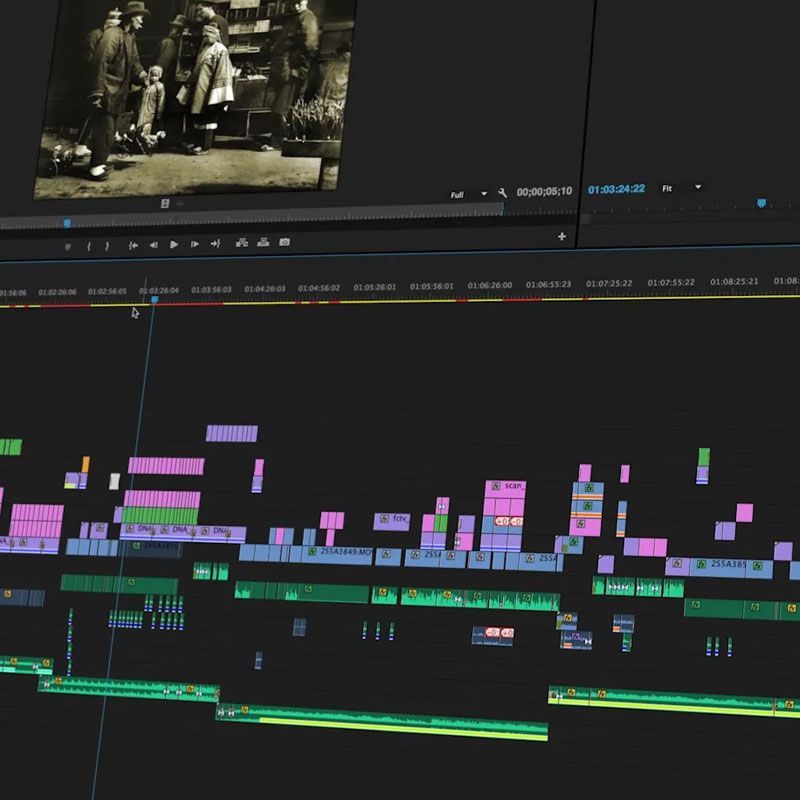Marketing Consultant or Fractional CMO, Which is Right for You?

Marketing Consultant or Fractional CMO: Which Is Right for You?
Are you a business owner who feels like your marketing efforts are stuck in a rut? Maybe you've tried the DIY route or had your nephew or ChatGTP (one in the same) run your Social media, but you know it's time to bring in a pro. The question is: what kind of pro do you need? In the world of marketing help, two popular options are hiring a marketing consultant or bringing on a fractional CMO (Chief Marketing Officer). Both can provide game-changing expertise, but they aren't one-size-fits-all.
In this article, we'll break down what each of these roles entails, the pros and cons of each, what you can expect when working with them, and how much they typically cost (yes, we'll talk about the fractional CMO hourly rate you keep hearing about!). By the end, you'll have a clearer idea of whether a marketing consultant or a fractional CMO is the best fit for your business. Let's dive in with a no-nonsense look at these two options so you can make an informed decision and get your marketing on the right track.
What Is a Fractional CMO?
Imagine having a seasoned marketing executive on your team, but only for a fraction of their time (and cost) – that's essentially what a fractional CMO is. A fractional CMO (also known as a part-time or outsourced CMO) is a high-level marketing strategist who works with your business on a flexible, part-time basis. Instead of paying a full-time Chief Marketing Officer a six-figure salary (plus bonuses, and benefits), you get fractionalaccess to CMO-level expertise. This pro becomes an embedded member of your team, guiding your marketing strategy, overseeing campaigns, and ensuring that all your marketing efforts align with your business goals – but without the full-time price tag. For clarity, fractional CMOs provide the same CMO services – strategy development, marketing leadership, budgeting, team management – that you'd expect from a full-time CMO, only on a part-time schedule.
A fractional CMO typically has decades of experience across many marketing disciplines. They'll jump into your company culture, join leadership meetings, and basically act like your marketing quarterback calling the plays. Whether it's refining your brand messaging, planning multi-channel campaigns, managing your marketing budget, or analyzing performance metrics, a fractional CMO handles the big-picture stuff that drives growth. The key difference from a consultant? The fractional CMO isn't just advising from the sidelines; they're in the game, executing strategy and leading your marketing team (even if that "team" is just a couple of people or external vendors). It's like having a CMO on demand – when you need them, as much as you need them.
Pros of a Fractional CMO
- Executive-Level Strategy & Leadership: A fractional CMO brings C-suite strategic thinking to the table. They can develop a comprehensive marketing strategy that aligns with your business’s vision and goals. It’s like getting a high-powered marketing brain on your team without the full-time commitment.
- Broad Marketing Expertise: Fractional CMOs are typically marketing veterans who have "seen it all." They have experience across branding, digital marketing, content, SEO, you name it. This means they can oversee all your marketing channels holistically, ensuring everything works together seamlessly.
- Accountability and Team Management: Unlike a consultant who may simply advise, a fractional CMO will take ownership of results. They often manage your internal marketing team or coordinate with other employees and vendors. They'll set KPIs (Key Performance Indicators) and hold themselves (and your team) accountable for hitting those targets.
- Cost-Effective vs. Full-Time Hire: Yes, a fractional CMO costs more than a lower-level consultant, but you're still paying only a "fraction" of what a full-time CMO would cost. You get top-tier talent part-time. (More on costs in a bit, including that fractional CMO hourly rate everyone is curious about!) Bottom line: you save on salary, benefits, and overhead.
- Fresh Perspective with Insider Access: A fractional CMO offers an outsider's fresh perspective while still being part of your insider team. They can identify marketing opportunities or issues you might miss internally, and because they're integrated with your company, they can implement changes swiftly. Plus, they often bring a network of contacts (like PR folks, designers, and other specialists) you can tap into.
Cons of a Fractional CMO
- Higher Cost Than a Consultant: While cheaper than a full-time CMO, fractional CMOs still come at a premium. You're paying for top-notch expertise. Their hourly or retainer rates are significantly higher than what you'd pay a junior marketer or many consultants. If you have a very limited marketing budget, the cost might feel steep (though remember, you get what you pay for).
- Not 100% Dedicated: By nature, a fractional CMO is not working with you 40+ hours a week. They likely juggle a few clients, which means they won't be available at the drop of a hat every single day. You have to share their attention. For some companies, this is fine; others might feel they need someone on call constantly.
- Onboarding and Alignment Time: Because a fractional CMO is an external person coming into your business, there will be a learning curve. They need to get to know your business, market, and team. This takes time in the beginning. (A full-time CMO would also need ramp-up time, but since fractional CMOs have limited hours, that onboarding may stretch out a bit.) Patience is key in the early phase.
- Potential Culture Fit Issues: Any time you bring in a leadership role from outside, there's a chance they might not mesh perfectly with your company’s culture or existing processes. A fractional CMO might find it challenging to instill changes if the team isn't on board, especially since they're not around every day. It’s important to find the right fractional CMO who clicks with your team.
- Scope Creep if Not Defined: Fractional CMOs can wear many hats. Sometimes, companies expect them to also execute all the little marketing tasks (which isn't usually the idea). Without clear boundaries, you might either over-rely on them or feel frustrated if they're not doing "everything." It’s essential to define what they will and won’t do in the engagement.
What to Expect When Working with a Fractional CMO
Hiring a fractional CMO is typically a longer-term engagement than a one-off consulting project. Here are a few things you can expect if you go this route:
- Strategic Planning First: A fractional CMO will likely start by doing a thorough audit of your current marketing and an in-depth discussion of your business goals. Be ready for deep-dive questions up front. They'll then develop a strategic marketing plan (or refine your existing one) as a roadmap for moving forward.
- Part-Time Schedule, Full-Time Impact: Generally, fractional CMOs commit a certain number of hours per week or month to your business – for example, maybe 10-15 hours per week. During those hours, they'll attend leadership meetings, work with your marketing team, coordinate with sales or product departments, and make sure projects are on track. You won't see them in the office every day (or on Zoom 24/7), but when they are "in," they're fully engaged and driving things forward.
- Regular Check-ins and Reporting: Expect weekly or bi-weekly meetings to review progress, much like you would with a full-time executive. A fractional CMO will set up metrics to track (website traffic, lead volume, ROI on campaigns, etc.) and will report on these regularly. They make sure you're always aware of how marketing initiatives are performing and will adjust strategy based on what the data says.
- Team Leadership: If you have other marketing staff (even junior marketers or freelancers), a fractional CMO often acts as the captain of that crew. They'll assign tasks, provide guidance, and ensure everyone is rowing in the same direction. If you don't have any marketing staff, the fractional CMO can help identify what resources you need – whether it's contracting a designer, bringing in a specialist from a marketing consulting firm, or leveraging freelance talent for specific tasks.
- Big-Picture Focus (with Hands-On Moments): Because they're an experienced leader, a fractional CMO will focus on big-picture strategy and high-level decisions. But don't be surprised if they occasionally roll up their sleeves for something specific, especially early on – for instance, crafting a key messaging framework or optimizing a crucial marketing funnel. They want to set things up for success, and sometimes that means getting in the weeds initially to lead by example.
How Much Does a Fractional CMO Cost?
Money talk time! The cost of a fractional CMO can vary widely based on the person's experience, your region, and the scope of your needs. Many fractional CMOs charge either an hourly rate or a monthly retainer. If you're wondering what the typical fractional CMO hourly rate is, it often ranges from around $150 to $300+ per hour for seasoned professionals. Some highly sought-after fractional CMOs may charge even more (I've seen rates up to $500/hour in some cases), especially if they have a track record of big wins under their belt.
That said, fractional CMOs often work on a retainer model rather than pure hourly billing. For example, a fractional CMO might agree to, say, 20 hours a month at a flat fee (hypothetically, that could be in the ballpark of $4,000–$6,000 per month, depending on their rate). For context, consider that a full-time CMO salary can easily top $170,000 per year (well over $14,000 per month). Compared to that, a $5k/month fractional CMO engagement starts to sound like a bargain. In other words, you're getting executive-level CMO services at a fraction of the cost of hiring a full-timer.
Remember, with a fractional CMO you're buying flexibility. You might start with a heavier engagement (more hours upfront to set strategy) and then scale down to a few hours a week for maintenance and oversight. Most fractional CMOs will tailor their arrangement to your needs. Just be prepared: quality expertise isn’t cheap, but it can deliver a serious return on investment. Think of it as short-term pain (in budget) for long-term gain (in growth and revenue).
Looking for a Trusted Marketing Consultant?
Reach out today for a complimentary consultation! Discover how Bryt•Idea can help grow your business!
What Is a Marketing Consultant?
Now let's talk about marketing consultants. A marketing consultant is kind of like a hired gun for your marketing challenges. These are professionals (individuals or sometimes teams) who specialize in helping businesses devise and implement marketing strategies on a project or short-term basis. Unlike a fractional CMO, who embeds with your company as a part-time leader, a marketing consultant is typically an external advisor. They can be solo operators or part of a marketing agency or marketing consulting firm, and their focus is usually narrower or more short-term in scope.
Think of a marketing consultant as the person you call when you have a specific marketing puzzle to solve. Launching a new product and need a go-to-market plan? Call a consultant. Struggling with your brand messaging or needing an SEO overhaul? Consultant. They identify problems and opportunities, craft strategies to address them, and often help you execute (at least in the initial phases). However, they are not usually long-term leadership figures in your business. They give you the plan (and maybe help put it in motion), but they typically won't stick around to run your marketing department month after month – that's just not their role.
Marketing consultants can also have specialties. Some are broad strategists (kind of like "fractional CMO lite"), while others focus on specific areas like social media, content marketing, or online advertising. For small businesses in particular, you might find marketing consultants for small businesses who understand the unique budget constraints and growth pains of an SMB. The key is that a consultant's engagement is usually well-defined: a set project or timeframe with clear deliverables and outcomes.
Pros of a Marketing Consultant
- Affordability and Flexibility: Hiring a marketing consultant is usually more budget-friendly upfront than bringing on a fractional CMO or full-time hire. You can engage a consultant just for what you need – whether that's a 2-month project or a 10-hour advisory stint. This makes it an attractive option for startups and small businesses watching every dollar. (You're only paying for what you need, when you need it.)
- Specialized Expertise: Need someone to revamp your website's SEO or run a killer Facebook ad campaign? There’s likely a consultant for that. Marketing consultants often niche down in specific skills. You can pick and choose experts for your particular challenges. It's like choosing from an à la carte menu of marketing services to get exactly what you need help with.
- Fresh Outside Perspective: Since a consultant isn't embedded in your day-to-day operations, they bring a fresh pair of eyes. They'll likely spot quick wins or issues that you and your team—being too close to the business—might overlook. They can challenge your assumptions and bring new ideas from having worked with other companies and industries.
- Quick Engagement, Quick Results: Good consultants are adept at parachuting into a situation, assessing it, and getting to work fast. There's usually less red tape or onboarding needed compared to a fractional CMO or new hire. If time is of the essence (say, you need to boost holiday sales and it's already October), a consultant can start making an impact ASAP.
- No Long-Term Commitment: When the project or contract is done, it's done – no strings attached. This is a pro for many companies. You get the help you need, and you’re not locked into ongoing costs. You can always re-hire or extend the contract if needed, but you're not obligated beyond the agreed scope. This flexibility is great if your needs might change in the near future.
Cons of a Marketing Consultant
- Limited Involvement: A consultant typically won't integrate deeply into your company. They might work mostly remotely and only interact with a few stakeholders. That means they may not fully grasp every nuance of your business. Their recommendations could lack some context that an in-house person might catch.
- Execution May Fall on You: Many marketing consultants deliver strategy and advice, but the actual execution of that strategy might be left to you and your team. For example, a consultant could outline a fantastic marketing plan, but if you don't have the resources or people to implement it, it could fizzle. Some consultants do offer implementation services (or can work alongside your team to implement), but it's something to clarify upfront.
- Varied Quality and Reliability: The term "consultant" is broad – anyone can wake up one day and call themselves a marketing consultant. There's a wide range of skill and experience out there. If you hire a less experienced consultant, you might get generic advice or cookie-cutter strategies that don't move the needle. Vetting is crucial (ask for references and past results!). In short, results may vary.
- Not a Long-Term Solution: If you need ongoing marketing leadership or continuous optimization, a short-term consultant engagement might not suffice. Once their project ends, you might find yourself without guidance again. Consultants can set you on the right path, but they won't walk the path with you for the long haul (unless you keep extending the relationship, which can blur the line between consultant and something more).
- Potential Higher Cumulative Cost: This might sound counterintuitive since we listed affordability as a pro. But if you end up needing continuous help, those hourly fees can add up. Five separate consulting projects over a year could end up costing as much as hiring a part-time leader. If your needs turn out to be bigger than a quick fix, a consultant might become a pricey band-aid over time compared to hiring a fractional CMO or an in-house employee.
What to Expect from a Marketing Consultant
When you bring in a marketing consultant, here's how things typically go down:
- Discovery and Assessment: The consultant will start by learning about your business. Be prepared to answer a lot of questions and provide info on your current marketing efforts, target audience, challenges, and goals. They might do their own research too (analyzing your website, studying competitors, looking at any data you have). This is the consultant getting the lay of the land.
- Recommendations and Strategy: Based on their assessment, the consultant will deliver expert recommendations. This could be in the form of a written marketing plan, a slide presentation, or an actionable list of suggestions. For instance, they might say: "Your website isn't converting well; I recommend a redesign with better calls-to-action and some SEO improvements. Also, let's launch an email campaign targeting past customers." The advice will be tailored to your situation.
- Implementation Support (Varies): Some consultants will help you carry out the plan, others hand it off for your team to execute. Often, you'll agree on this in advance. If implementation is part of the deal, the consultant might work alongside you on specific tasks – maybe they'll help set up your Google Ads, create a content calendar, or train your staff on how to execute the strategy. If not, they might simply check in periodically or be available for follow-up questions as you implement.
- Short-Term Engagement: A consultant's work might last a few weeks to a few months, depending on the scope. You'll likely have scheduled meetings or calls throughout to touch base on progress. Once the main deliverables are done, the engagement winds down. At that point, you can decide to part ways or possibly continue on a retainer basis. (Some businesses keep a consultant on a small monthly retainer for ongoing advice, almost like a part-time advisor you can call when needed.)
- Clear Scope and Agreement: Expect a clear contract or agreement outlining what the consultant will do, the timeline, and the fees. This protects both parties and sets expectations. Make sure everything you need is discussed – you don’t want confusion about responsibilities. Once all is agreed and signed, it's go time!
How Much Does a Marketing Consultant Cost?
Here's the million-dollar (or hopefully much less!) question. Marketing consultant fees depend on the consultant’s experience, specialization, and sometimes your geographic area, but let's talk ballpark figures. Generally, a marketing consultant might charge anywhere from $75 to $200 per hour for their services. Less experienced consultants or those in smaller markets might charge on the lower end (some as low as ~$50/hour), while top-tier consultants or those from a big-name agency might charge $200+ per hour.
A lot of consultants also work on fixed-fee projects or monthly retainers. For example, you might pay a consultant $3,000 for a one-time marketing audit and strategy plan. Or you could have someone on retainer for, say, $1,500 per month to provide a set number of hours of support. The nice thing is you can often find a setup that fits your budget and needs, which is why consulting is popular with small businesses.
Keep in mind, if you go through a larger marketing consulting firm or agency, costs may be on the higher side. You're partly paying for that firm's overhead and brand name. On the flip side, a freelance consultant or boutique marketing consulting agency might offer more flexible rates. Always discuss the scope of work and ensure the pricing is clear. The key is to understand exactly what you're getting for the cost – deliverables, number of meetings, any follow-up support, etc. When done right, a consultant's help can be a cost-effective spark that ignites your marketing without burning a hole in your wallet.
Marketing Consultant vs. Fractional CMO: Which Is Right for You?
By now, you might have a sense of which way you're leaning. But let's do a straightforward comparison to help crystallize the decision. Both marketing consultants and fractional CMOs offer valuable marketing expertise, but they differ in their approach and level of involvement. Here's a quick recap of the differences:
- A marketing consultant is ideal for tackling specific challenges or projects, providing expert advice and plans that you or your team can run with. They are typically less intertwined with your business and come at a lower cost (at least in the short term) than a fractional CMO. Think precision strikes – targeted help where you need it most.
- A fractional CMO is great for ongoing, strategic leadership. They become part of your team (even if part-time) and take a big-picture view of your entire marketing landscape. They ensure all aspects of marketing work in harmony to drive growth. This is a higher-level commitment, both in terms of integration and budget, but it yields a more holistic upgrade to your marketing function.
So, which is right for you? It really depends on your business size, goals, and budget. Here's a simple guide to help make the choice:
When a Marketing Consultant Makes Sense
Choose a marketing consultant if some of these ring true:
- You have a specific marketing problem or short-term goal. For example, you need to boost your social media presence over the next quarter, or you want a fresh marketing strategy for a new product launch. A consultant can come in, solve that specific problem or create that plan, and then you're off to the races.
- Budget is a major concern. If you need expertise but can't afford a higher ongoing expense, consulting is usually more affordable. It's an approach often favored by startups and small businesses that need to be lean. You’re only paying for targeted help, without the commitment of an ongoing salary or retainer.
- You have some internal resources to execute. Maybe you have a small team or a really capable marketing coordinator, but they just need guidance and a plan. A consultant can be the brains, and your team can be the brawn to implement. In other words, you want an expert roadmap, but you can do some of the driving yourself.
- You want to "test the waters" with outside help. Not sure if bringing in an outsider will work for you? Hiring a consultant for a small project is a low-risk way to see tangible results and get comfortable with external input. If it goes well, you can always scale up their involvement or bring them back for future projects.
- Your marketing needs are focused. If 90% of your need is, say, getting your email marketing automated or redesigning a website, you probably don't need a fractional CMO for that. A consultant specializing in that area will do the trick nicely without you over-investing in broader services you won't use.
When a Fractional CMO Makes Sense
Consider a fractional CMO if the following sounds like you:
- You need ongoing strategic leadership. If your marketing feels all over the place and you know you need continuous oversight to unify and optimize it, a fractional CMO can step in as that guiding hand over the long term. They won’t just plan one campaign; they’ll build a marketing engine for your business.
- You're experiencing (or aiming for) high growth. Perhaps your company is scaling up rapidly or has ambitious growth targets. A fractional CMO will ensure your marketing strategy can scale with you. They’ll plan for the future, not just put out today’s fires, positioning your brand to support that growth trajectory.
- You lack an internal marketing leader. If you don’t have a marketing VP/director and you (the owner/CEO) are currently juggling marketing along with a million other tasks, it’s time for a fractional CMO. They can take the marketing leadership burden off your shoulders and do it more effectively, since guiding marketing strategy is their specialty.
- You're willing to invest in long-term success. A fractional CMO isn’t cheap, but you understand that effective marketing is an investment, not just an expense. You’re at a stage where you’re ready to allocate a bigger budget to marketing because you expect strong ROI – increased brand awareness, lead flow, and revenue – from having a pro at the helm.
- Complex or multi-faceted marketing needs. If your marketing involves many channels (website, PPC ads, SEO, email, social media, events, etc.) or multiple product lines/markets, you likely need the orchestration that a fractional CMO provides. A consultant might help with one or two channels, but a fractional CMO will conduct the whole orchestra and ensure everything is in sync with your business goals.
In short, a marketing consultant is like a sniper – great for precise objectives – whereas a fractional CMO is like a general, overseeing the entire battle plan. Some businesses actually benefit from using both over time. For example, you might bring in a consultant for a quick project (like a brand refresh) and later engage a fractional CMO for bigger-picture strategy, or vice versa. The good news is that neither option is permanent. You can start with one and switch or mix as your needs evolve. The key is to get the help that moves the needle for your business.
No matter which route you choose, the goal is to boost your marketing results and grow your business. And guess what? You don't have to make this decision alone. If you're still on the fence or just want expert guidance tailored to your situation, Bryt Idea Consulting can help. I offer both marketing consulting and Fractional CMO Services – essentially a one-stop shop whether you need a quick marketing tune-up or a long-term co-pilot for your marketing journey.
Ready for a Free Consultation?
Choosing the right marketing support is a big decision, but it's a lot easier when you talk it through with someone who's been there and done that. I offer a friendly, no-pressure approach. I'm happy to learn about your business and point you in the right direction – even if that means telling you that you don't need my services (for real, if you're not a fit, I'll let you know!). So why not schedule a chat?
Contact me today for a free consultation. There's no obligation, just a casual conversation about your marketing challenges and goals. I can help you figure out if a marketing consultant or fractional CMO (or maybe something else entirely) is the right move for you. Let's get your marketing strategy humming and make your business growth goals a reality!

